Proper nutrition helps with addiction recovery. There’s a great deal that goes into recovering from a substance use disorder because such disorders affect the entire mind, body, and spirit. Traditional therapies, relapse prevention planning, and mindfulness practices are all good ways to feel like we’re not alone, stay on the path of recovery, and understand ourselves on a better level.
Having support groups can give us someone to rely on in a crisis, and knowing our triggers, limits, and interests can allow us to avoid stressful scenarios and stay calm even when things get bad. These are just a few common therapies people pursue to find and stay in recovery, and the benefits are well-documented and well-understood.
However, they aren’t the only practices that can help you maintain recovery. The food you eat plays a significant role in how you feel, both in terms of physical health and mental health. Eating right can keep you in a good mindset, help you stay motivated and energized, and provide you with the nutrients you need to live your best life – a life away from substance use while pursuing long-term recovery and happiness.
Nutrition and Addiction Recovery

The claim that a healthy diet can change the way you function and feel isn’t exactly a shocking revelation, and yet the exact details of what a good diet can do may still surprise you. There are a few areas of your health that can be damaged by a substance use disorder but may be helped with proper nutrition. Understanding the scope of the situation can help you plan accordingly, both regarding what you should be eating and why it can make you feel better.
To put it simply, eating a proper diet gives you the energy and nutrients you need to feel better in more ways than one, and this includes restoring important vitamins and minerals, repairing damaged tissue and organs, and improving mental health.
Malnutrition and Nutrient Deficiencies
A substance abuse disorder does more than leave you with cravings. When substance use disorder takes hold, you have eaten a less nutritious diet – or you may have stopped eating altogether and consumed most of your calories via alcohol or other substances. Your body eventually became depleted of essential vitamins and nutrients because you either failed to consume them or you weren’t able to metabolize your food correctly.
There are a few specific illnesses associated with malnutrition, such as anemia, which occurs when you don’t have enough iron in your diet. Addiction also commonly causes deficiencies in vitamin B12, vitamin D, potassium, zinc, magnesium, and more. These deficiencies can result in a host of difficulties even after you reach recovery.
Of course, a proper diet will help you recover from malnutrition and/or deficiencies as you restore proper vitamin and mineral levels. Depending on how malnourished the substance use disorder caused you to become, you may also need to regain body fat, a healthy amount of which is necessary to keep you safe and healthy. A good diet is one that will restore the important nutrients you need without causing harm to your body in other ways.
Body Fat
Substance use disorders can also lead to overeating, which can cause obesity. In other cases, many people in recovery from alcoholism crave sugar to initially replace the massive amounts of sugar they consume while in the midst of addiction. Still others find themselves replacing an unhealthy relationship with drugs or alcohol with a similarly unhealthy relationship with “comfort foods.”
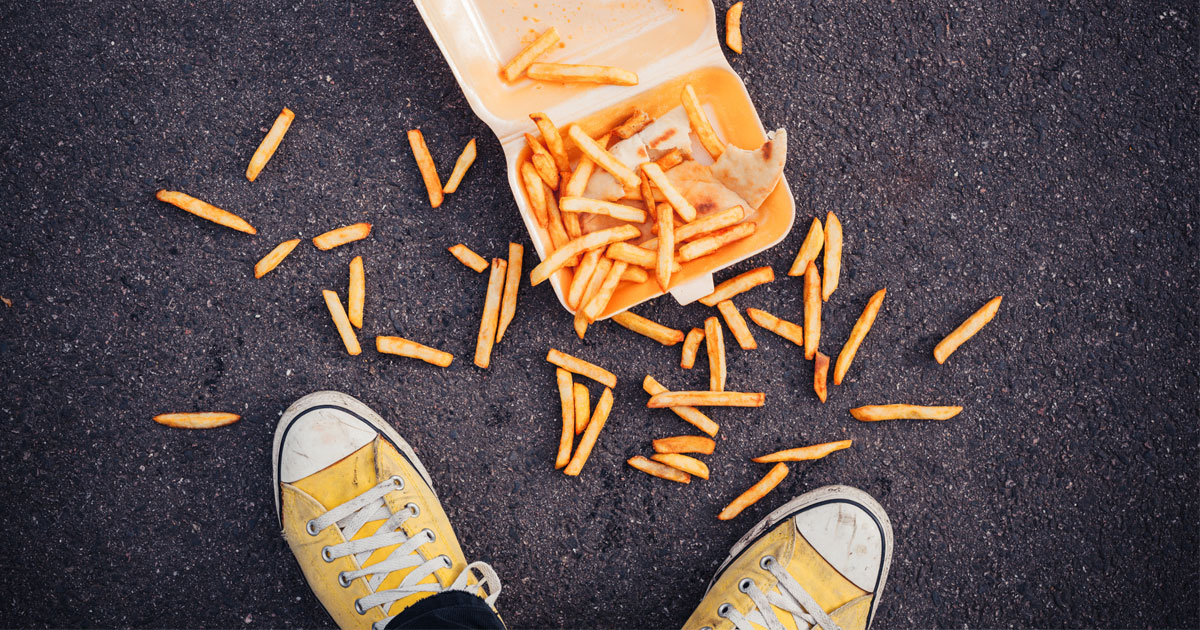
While eating regularly is important for a healthy lifestyle, it’s crucial to ensure what you are eating fulfills your nutrient requirements. As a matter of fact, it’s possible to suffer from both overeating and from malnutrition; if you’re not eating the nutrients you need, your body will still lack vitamins and minerals and remain unable to function correctly. For this reason, a healthy diet can also help you recover from the consequences of overeating by helping you to lose weight and regain the nutrients your body is lacking.
Tissue Repair
Additionally, substance use disorders can wreak havoc on specific organs, such as your liver, which is damaged easily by large quantities of alcohol, steroids, or even painkillers such as acetaminophen. These issues can seem impossible to deal with after the fact, but the truth is that a good, healthy diet can provide the nutrients necessary to start the repairing and healing process. For instance, proteins are known to help repair body tissue, so such a diet can help you recover from any damage the substances may have caused.
Mental Health
Substance use disorders are often comorbid with – or found alongside – other mental health disorders like depression and anxiety. Whether one of these disorders created the circumstances that led to the substance use or the substance use played a part in triggering or worsening a pre-existing condition, these issues make it difficult to stay happy, healthy, and motivated in recovery. Substances also fundamentally impact the brain in other ways, such as by inducing cravings and altering the size and function of different areas of the brain.
Meanwhile, when you stop using a substance you’ve become dependent upon, you can experience withdrawal as the brain learns how to function without the substance it had grown so accustomed to. This, too, is a mental health problem and is also linked with depression, anxiety, and more.

Unfortunately, there’s no one easy solution to such problems, as mental health is a complicated and ever-changing subject. However, healthy eating habits aren’t just to combat the physical effects of substance use. They’re also an excellent way to feel better mentally and emotionally. Better diets are associated with better mental health, and a healthy diet can also promote other healthy behaviors, such as exercising, sleeping, and staying hydrated. All of these practices are also proven to play a role in our mental and emotional health.
Nutrients That Support Addiction Recovery
To eat a healthy diet, it’s important to know what nutrients you need to function your best. This goes for anyone who wants to eat better, but it is especially important for people recovering from a substance use disorder when vital nutrients are necessary to repair the damage. These nutrients will support your ability to stay on the path to recovery by providing the outlined benefits and ensuring your body is able to start working as it should.

The most important nutrients for someone recovering from substance use include the following:
- Protein – Repairs tissues and organs and provides amino acids, which are necessary for neurotransmitters to function properly.
- Complex Carbohydrates – Provide energy, improve brain function, stabilize blood sugar, regulate serotonin levels, and release other important nutrients, such as insulin and vitamins.
- Omega-3 Fatty Acids – Allow your neurotransmitters to function as normal, reduce inflammation, and improve brain function.
- Antioxidants – Help your cells regenerate, protect and heal the body from free radical damage, and reduce any damage caused by oxidation.
- B Vitamins – Improve brain function and prevent feelings of fatigue and irritability.
For example, a quarter pounder from McDonald’s provides 30 grams of protein in a serving, but it’s also high in sodium and cholesterol and would not be a good way to stay healthy. Meanwhile, eating nothing but a high-protein diet will prevent you from getting many of the other nutrients, such as complex carbohydrates, which are more often found in grains and root vegetables.
Eating Healthy for Sobriety
The good news is that proper nutrition doesn’t need to be overly complicated. Essential vitamins and nutrients already exist in sufficient quantities in a lot of foods you may already enjoy eating. Combining them into a valuable meal each day can be done with a little research and prep work ahead of time – as well as a few nutritious recipes and attention to proper portion sizing.
The Basics
These simple methods can help you ensure you’re eating a healthy diet rich in most of the vitamins, minerals, and other nutrients you need for recovery:
- Reduce the amount of fatty, sugary, or processed foods you eat in a day.
- Eat a fresh diet of fruits and vegetables.
- Eat lean proteins instead of red meats or fat, including fish, skinless poultry, and legumes.
- Eat whole grains instead of sugary bread
- Avoid gluten-rich carbohydrates
- Maximize your nutrient intake for each meal and consider what nutrients you may need to get through the day.
- Understand your own personal nutritional needs – not everyone has the same body with the same requirements, so you should base your diet on what works for you, not what works for somebody else.
Specific Foods to Try
While everyone’s nutritional needs are different, there are some things that work for most people and situations. These are foods or meals that are high in recovery-aiding nutrients while also being easy to make or purchase. Consider trying some healthy, non-alcoholic drinks, and then consider incorporating some of these meals and foods into your recovery diet.
Poultry and Fish
Both of these are lean proteins, and they also have a lot of other benefits. Fish are high in omega-3 fatty acids, and both of them contain an amino acid known as tyrosine, which creates dopamine. In other words, eating these foods can literally make you happy!
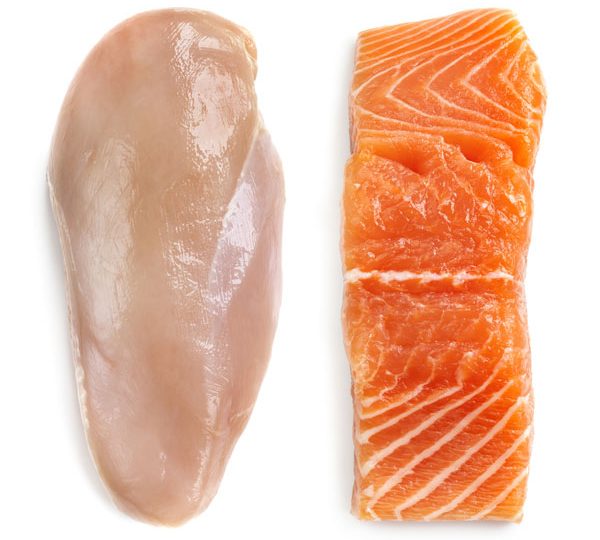
Bananas
Not only are bananas easy to purchase in various forms, but they’re also simple to add to other foods, such as a fruit salad or a healthy breakfast. They also provide an amino acid that improves serotonin levels, which helps you fall and stay asleep.
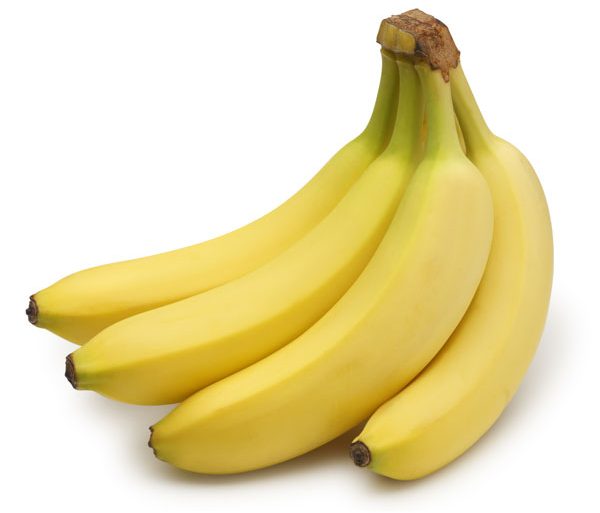
Blueberries
Another fruit that’s easy to incorporate into your diet, blueberries are high in antioxidants.
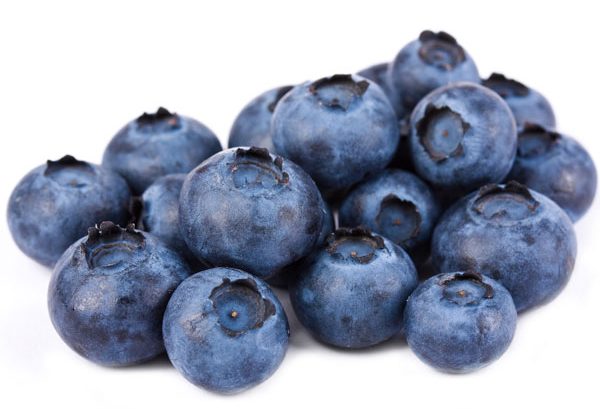
Yogurt
Yogurt offers you probiotics, which can repair the damage caused by substance usage by building up a healthy internal microbiome.
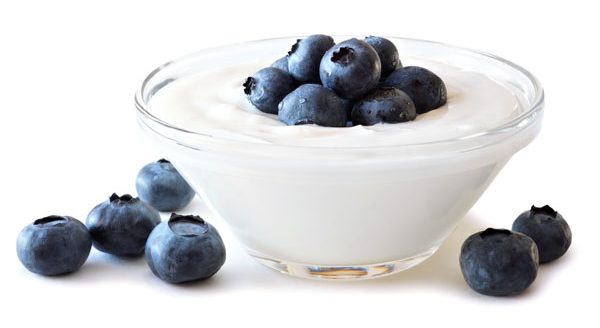
Various Vegetables
Every vegetable offers you some of the necessary nutrients that can help you recover from substance use. For example, kale offers vitamins A, B, C, E and minerals like manganese, as well as fiber. Vegetables like carrots and broccoli all have their unique vitamin and nutrient content. Meanwhile, tomatoes and peppers can provide antioxidants.
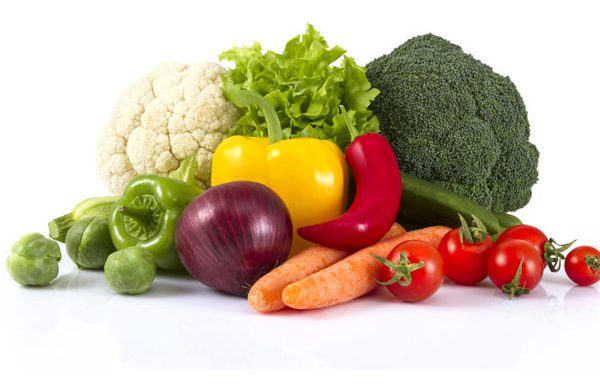
Whole grains
Whole grain bread provides both complex carbohydrates and fiber, making it a healthier alternative to regular white bread.
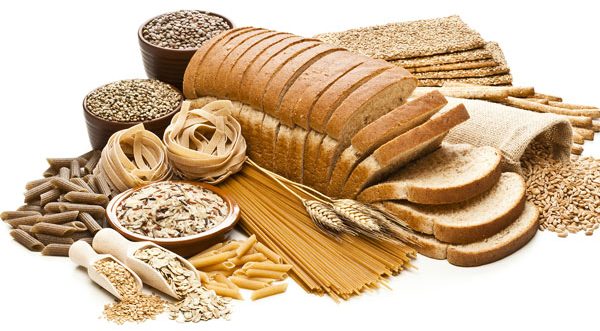
These foods can be combined for different meals, offering you important nutrient combinations while also being delicious and fun to eat.
Some possible dishes you can try include:
- Chicken salad, whether incorporating mayonnaise or simply adding chicken meat to a vegetable salad.
- Fruit salad, including blueberries and bananas.
- Chicken sandwiches on whole grain bread.
- Fish tacos with a whole grain tortilla or shell.
- Fruit or vegetable smoothies.
- Yogurt topped with grains and fruit.
There are various ways that you can enhance your diet without sacrificing the foods you love, which also allows you to experience new options and discover nutritious and delicious combinations that you may have overlooked before. The key is to focus on incorporating nutritious foods into your diet whenever and wherever you can. Eventually, you’ll stop craving unhealthy snacks and grow an appreciation for the meals that you’re eating for your diet.
Of course, sweet treats in moderation aren’t going to ruin everything for your recovery diet. In fact, favorite foods can provide a reward-based dopamine boost to keep you on track on a day when things seem particularly difficult. There’s no shame in wanting something unhealthy every now and again, as long as you maintain enough self-control to not overdo it and to stay committed to your recovery diet.
Final Thoughts on Nutrition and Addiction Recovery
The road to recovery is a long and complex one, and everyone takes a different path. However, it’s undeniable that proper nutrition can play a role in helping people recover and stay in recovery for the long term. From the tissue-renewing qualities of protein to the fiber and antioxidants provided by fruits and vegetables, a varied, balanced diet is key to maintaining health in recovery. Finally, the mental health boosts you can achieve from eating well can ensure you continue to live your best, healthiest, and happiest life in recovery.
We are looking forward to hearing from you. Please subscribe to our addiction recovery newsletter.
References :
- https://www.ncbi.nlm.nih.gov/pmc/articles/PMC2851068/
- https://onlinelibrary.wiley.com/doi/full/10.1111/imr.12601
- https://link.springer.com/article/10.1007/s11469-022-00783-4
- https://www.bmj.com/content/369/bmj.m2382.short
- https://www.sciencedirect.com/science/article/abs/pii/S0378512217308563
- https://www.sciencedirect.com/science/article/pii/S1087079221001416
- https://www.cambridge.org/core/journals/british-journal-of-nutrition/article/effects-of-hydration-status-on-cognitive-performance-and-mood/1210B6BE585E03C71A299C52B51B22F7




